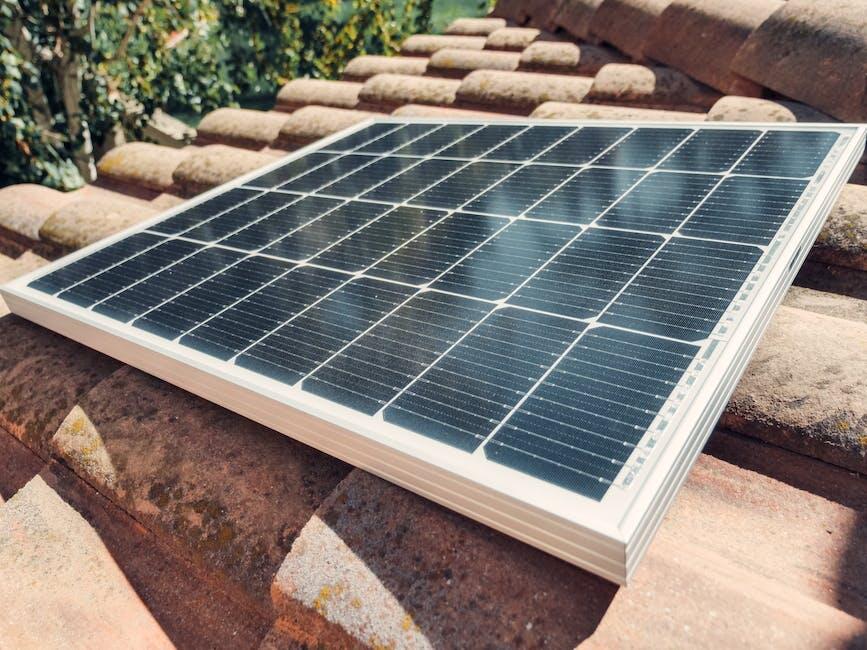
California is a leader in renewable energy. The state has ambitious goals for clean energy and reducing carbon emissions. One way it is achieving these goals is through laws and incentives that support the use of solar power. If you’re considering a solar kit with battery backup for your home, here’s what you need to know about California’s laws.
Why Solar with Battery Backup?
Solar kits with battery backup are a smart investment. They allow you to store excess energy produced during the day for use at night or during power outages. This means more independence from the grid and consistent power.
California’s Solar Mandate
In 2020, California became the first state to require solar panels on new homes. The California Energy Commission (CEC) passed this mandate to help the state reach its clean energy goals.
All new single-family homes and multi-family buildings up to three stories must have solar panels. Though this mandate doesn’t require battery backup, adding one can enhance your system’s benefits. Make sure to learn more about California’s recent regulatory changes to utilize the use of solar kits with batteries properly.
Net Energy Metering (NEM)
Net Energy Metering allows homeowners with solar systems to sell excess energy back to the grid. NEM can reduce your energy bills significantly. However, NEM’s future is uncertain. Changes are being proposed that could affect how much you earn from excess energy. Staying updated on NEM policies is essential if you plan to invest in a solar kit.
Incentives and Rebates
California offers several incentives and rebates to make solar more affordable. Here are some key programs:
California Solar Initiative (CSI)
This program offers rebates for solar installations on existing homes, businesses, and government buildings.
Self-Generation Incentive Program (SGIP)
SGIP provides rebates for installing energy storage systems like battery backups. This can help offset the cost of your battery.
Federal Tax Credit
The federal Investment Tax Credit (ITC), although not exclusive to California, permits you to deduct a portion of your solar system expenses from your federal taxes.
Time-of-Use Rates
Many California utility companies use time-of-use (TOU) rates. This means the price of electricity varies based on demand. With a battery backup, you can store energy when rates are low and use it when rates are high. This can lead to even more savings on your energy bill.
Permitting and Installation
Installing a solar power kit with battery backup involves several steps. You’ll need to get permits from your local government. Working with a certified installer can make this process smoother. They can handle the paperwork and ensure your system complies with all regulations.
Maintenance and Warranties
Maintaining your solar kit and battery is crucial for long-term performance. Most systems come with warranties that cover equipment and installation. Regular maintenance checks can help you spot issues early and keep your system running efficiently.
Future-Proofing Your Investment
Solar technology is always evolving. When choosing a system, consider future upgrades. Some batteries can be expanded to store more energy as your needs grow. Staying informed about new technologies can help you get the most out of your investment.
Learn More About Solar Kit with Battery
California’s laws and incentives make it an excellent place to invest in solar energy. A solar kit with battery backup offers many benefits, from energy independence to cost savings. Understanding the state’s mandates, incentives, and requirements can help you make an informed decision.
Ready to take the next step? Contact a certified installer today to find out how you can benefit from solar power in California.
